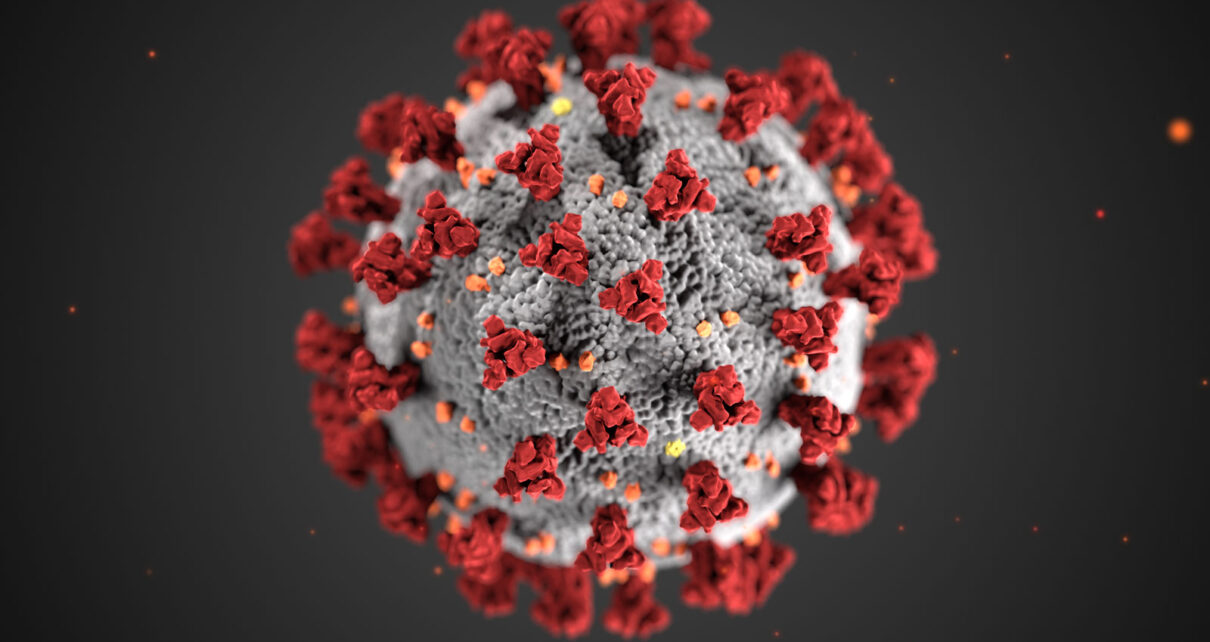The B.1.617.1 and B.1.617.2 variants of Covid-19, first identified in India have been named as ‘Kappa’ and ‘Delta’, respectively, the World Health Organisation (WHO) announced. The organisation decided to refer to the most worrisome variants known as ‘variants of concern’ by letters in the Greek alphabet.
“Today, @WHO announces new, easy-to-say labels for #SARSCoV2 Variants of Concern (VOCs) & Interest (VOIs). They will not replace existing scientific names, but are aimed to help in public discussion of VOI/VOC,” tweeted Dr Maria Van Kerkhove, WHO’s technical Covid-19 lead.
The first such variant of concern, which first appeared in Britain and can be also known as B.1.1.7, will be known as the alpha variant. The second, which turned up in South Africa and has been referred to as B.1.351, will be known as the beta variant.
A third that first appeared in Brazil will be called the gamma variant and a fourth that first turned up in India the delta variant. Future variants that rise to of concern status will be labelled with subsequent letters in the Greek alphabet.
WHO’s move comes nearly three weeks after India objected to the B.1.617 mutant of the novel coronavirus being termed an ‘Indian Variant’. On 12 May, the Union Ministry dismissed it as “without any basis and unfounded” media reports that have used the term “Indian variant” for the B.1.617 mutant strain, which the WHO recently said was a ‘variant of global concern’.
Both the B.1.617.2 strain or Delta and B.1.617.1 strain or Kappa were first detected in India in October 2020, WHO said. The strains make up an increasing proportion of cases in India in the second wave.
The world health body had earlier said viruses or variants should not be identified by the names of countries they were found in.
Lineages of the B.1.617 variant were officially recorded in 53 territories and unofficially in another seven, WHO had said. WHO and its international networks of experts are monitoring changes to the virus.
“If significant mutations are identified, we can inform countries and the public about any changes needed to react to the variant, and prevent its spread,” it added.




